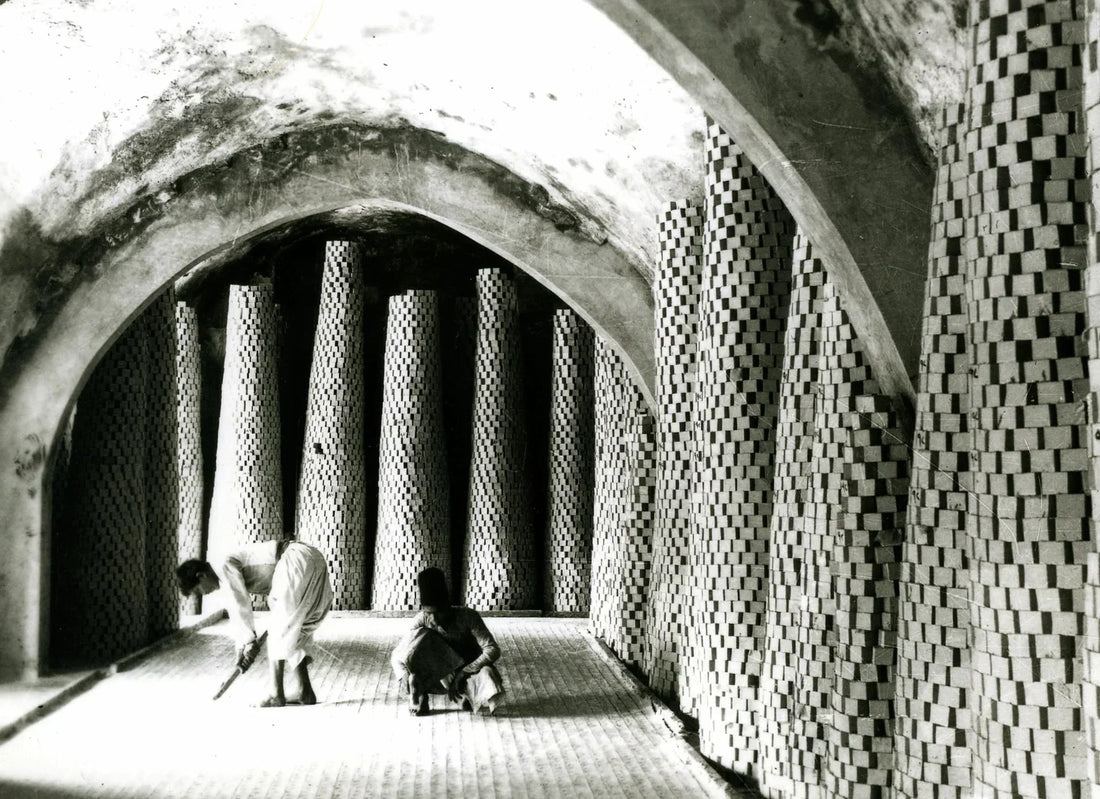
Nablus Soap: A Timeless Craft of Palestine
In an era dominated by weird chemicals in skincare products, traditional olive oil soaps from the Levant stand as a testament to time-honored craftsmanship and natural purity. Among these, Nabulsi soap from Nablus, Palestine holds a distinguished place, celebrated for its simplicity, sustainability, and cultural significance.
Historical Roots
Nablus, a city nestled in the West Bank, has been synonymous with soap-making since at least the 10th century. By the 14th century, it had evolved into a significant industry, with Nablus soap gaining acclaim across the Middle East and Europe. Historical accounts suggest that Queen Elizabeth I of England prized this soap for its exceptional quality. Wikipedia
The 19th century marked the zenith of Nablus's soap industry, with 30 factories producing nearly 5,000 tons annually, accounting for over half of Palestine's soap production.
Artisanal Production Process
Crafted from just three ingredients—virgin olive oil, water, and an alkaline sodium compound—Nablus soap epitomizes natural simplicity. The production involves:
Saponification: Olive oil is heated with water and sodium hydroxide in large copper vats over fermentation pits, stirred continuously with an oar-shaped wooden tool known as a dukshab dukshab.
Molding: The liquid soap is poured into wooden frames to set.
Cutting and Stamping: Once solidified, the soap is cut into cubes and stamped with the manufacturer's seal.
Curing: The soap is stacked in pyramid-like structures to dry and harden, a process that can take from three months to a year.
This meticulous method ensures a product that's gentle on the skin, free from synthetic additives, and rich in natural moisturizers.
Cultural and Economic Significance
Beyond its cleansing properties, Nablus soap embodies Palestinian heritage and resilience. The soap-making tradition has been passed down through generations, with entire families involved in the process.
However, the industry has faced challenges. Natural disasters, such as the 1927 Jericho earthquake, and the isreahell occupation have led to a decline in production. From 30 factories in the early 20th century, only a few remain operational today.
Recognizing its cultural importance, UNESCO added the tradition of Nabulsi soap-making to its list of Intangible Cultural Heritage in Need of Urgent Safeguarding in December 2024.
Why Choose Nablus Soap?
Natural Ingredients: Free from synthetic additives, making it suitable for sensitive skin.
Eco-Friendly: Biodegradable and sustainably produced.
Cultural Connection: Purchasing Nablus soap supports Palestinian artisans and helps preserve a centuries-old tradition.
Experience Tradition with Olivesoap.shop
At olivesoap.shop, we are proud to offer authentic Nablus soap, directly sourced from the heart of Palestine. Each bar is a piece of history, handcrafted with care and steeped in tradition.
References:
"Nabulsi soap." Wikipedia. Retrieved from https://en.wikipedia.org/wiki/Nabulsi_soap
"Tradition of Nabulsi soap making in Palestine." UNESCO. Retrieved from https://ich.unesco.org/en/RL/tradition-of-nabulsi-soap-making-in-palestine-02112
Bontemps, V. (2012). "Soap Factories in Nablus: Palestinian Heritage (Turâth) at the Local Level." Journal of Balkan and Near Eastern Studies, 14(2), 279–295. https://www.academia.edu/1260129/_Soap_Factories_in_Nablus_Palestinian_Heritage_tur%C3%A2th_at_the_Local_Level_
Doumani, B. (1995). Rediscovering Palestine: Merchants and Peasants in Jabal Nablus, 1700–1900. University of California Press.Wikipedia+2es.wikipedia.org+2de.wikipedia.org+2
"Nablus Soap Production." Palestinian Journeys. Retrieved from https://palquest.palestine-studies.org/en/highlight/15993/nablus-soap-productionpalquest.palestine-studies.org+1